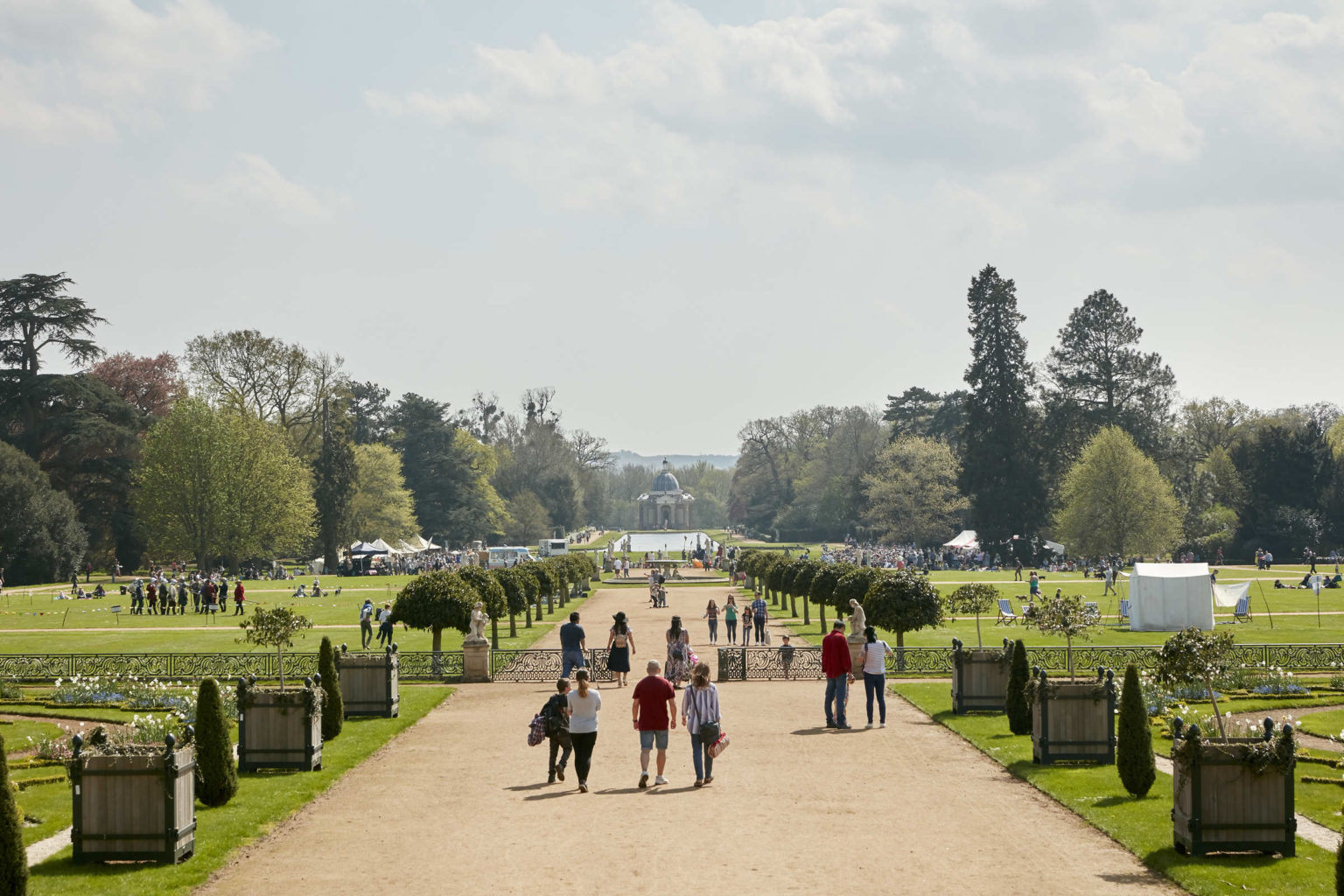Home > HEF Activities > Archive and Resources > Heritage Responds
The Historic Environment Forum exists to bring people together. And there is no other single issue that requires us to work more closely together than climate change. Heritage Responds highlights the positive contribution heritage organisations and their partners are making to the climate change debate and the actions needed to adapt to a changing world.
The work is the culmination of six months of collaboration by the members of the Historic Environment Forum COP26 Task Group which ran in 2021 and showcases how the sector is responding to Climate Change, including investment in traditional low-carbon building adaptation techniques, nature-based solutions to mitigate the future impact of Climate Change, and renewed efforts to increase the lifespan of heritage assets and save the embodied carbon which might otherwise be sacrificed in demolition, new construction or poor upkeep.
Alongside the new report, the Historic Environment Forum in collaboration with Historic England has also launched a new Heritage Responds Climate Change Story Map, a geographical mapping of the key case studies demonstrating how the heritage sector is acting to address climate change – and how heritage is part of the solution to climate change.

Bringing together senior members of staff from public and non-government bodies to work collaboratively on strategic matters for the historic environment sector.